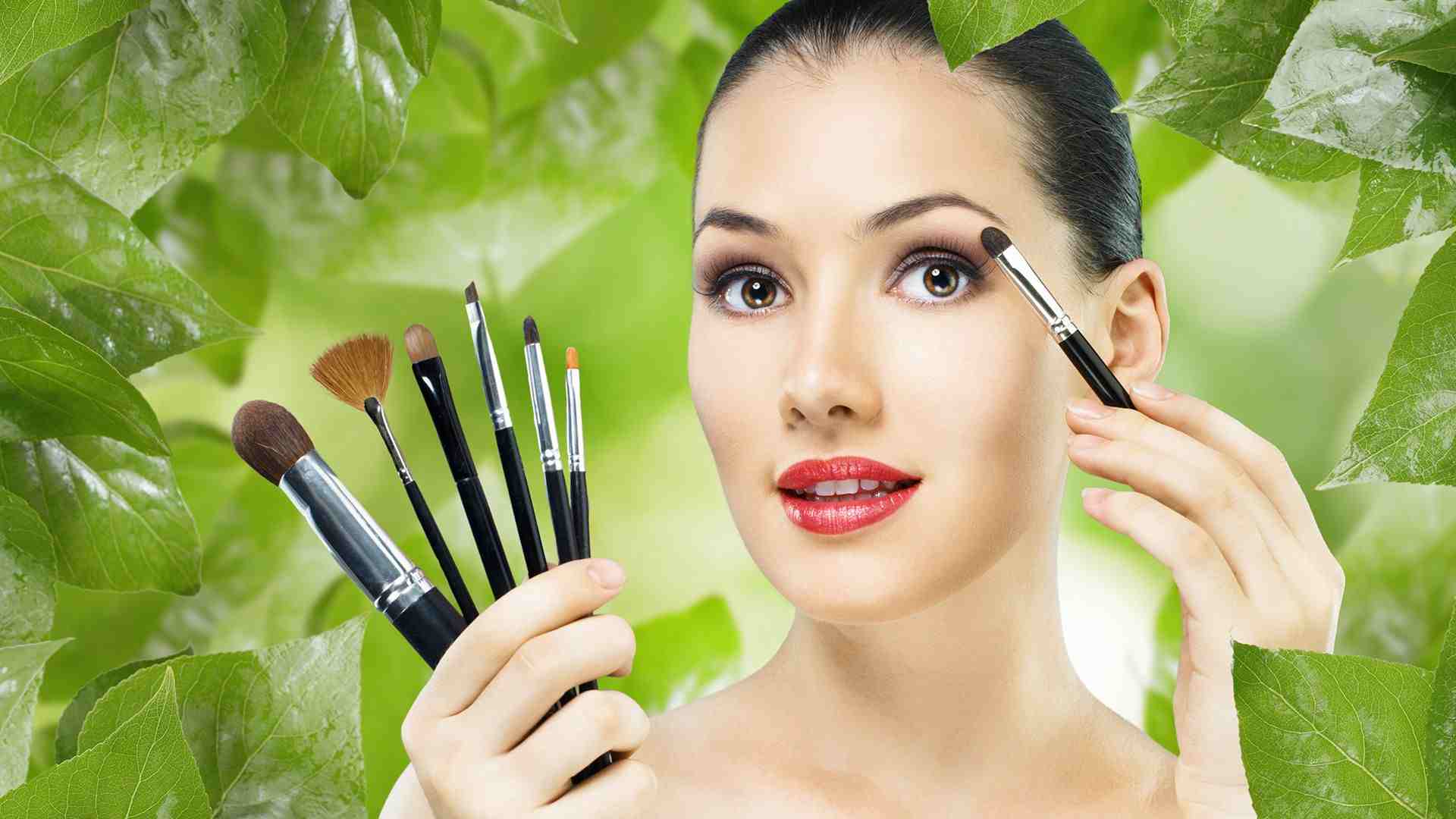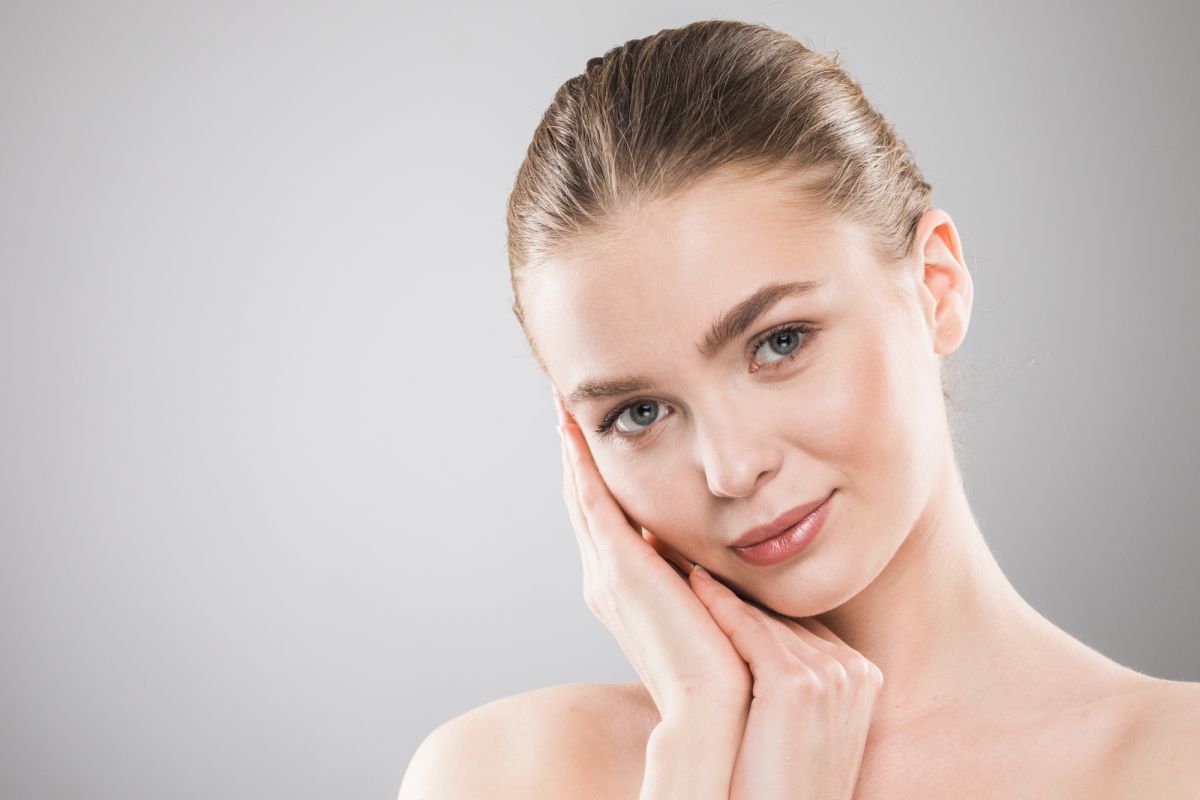Every society has its own standards of beauty, which can have an adverse effect on people’s mental health. The ideals of beauty are not exclusive to women; men’s mental health is also impacted by them. Many often believe they can alter some aspects in the mirror to cover up the imperfections of their original skin. Most of the time, people worry about fixing their defects and seeming flawless.
In order to conceal their inherent attractiveness, they use a lot of makeup and beauty goods. These cosmetics are expensive and have certain disadvantages. Skin damage occurs as a result of the chemicals found in cosmetics. In this approach, rather than enhancing their inherent beauty, individuals wind up damaging it.
People’s mental health is impacted by their increased stress levels as a result of the outcomes. Everyone should be accepted for their inherent beauty by society. It is more vital to live a natural life than to live an ideal one that is unachievable.
The things which come easily and naturally to them, they should value them. They will get the mental tranquillity they deserve if they learn to accept what they have.
So let’s get started on the subject.
Which standards apply to beauty?
Every day, ideals of beauty shift, and people tend to forget that criteria of beauty are subjective and culturally specific. The roles that men and women play in society are determined by these differences in beauty standards.
The unfortunate thing is that a great deal of the market is predicated on people’s self-consciousness around their skin, body, and face. The industry takes use of people’s fears and insecurities to profit from their discontent.
It is unfortunate that the beauty businesses instead spend millions of dollars advertising something that is very psychologically impactful and nearly impossible to achieve. Conversely, the fashion industry produces goods that outline ideals for the ideal figure. To achieve the ideal body, they sell stockings, corsets, bustiers, push-up bras, and pantyhose.
The fashion and beauty sectors are interconnected. This is a result of the fashion industry’s trends changing in tandem with the beauty industry’s standards.
Perhaps you’re wondering.
How might the fashion business impact people’s mental health? The fashion business and fashion themselves set expectations for how individuals should feel about their bodies. since the majority of fashion things are designed for tall, thin people. Additionally, these items that impact the mental health of individuals with plump faces or bodies are shown by slender models.
The primary means of promoting beauty standards to the public is the media.
People therefore view the psychological impacts of beauty standards as a result of the media. The conception of these concepts of physical attractiveness is greatly influenced by the media. In addition, the media perpetuates the concept of the idealised physique and beauty.
Numerous more platforms that support these concepts include television, billboards, social media, fashion publications, and much more. People also learn about food problems, plastic surgery, and body shaming. Individuals begin criticising and upsetting each other’s emotional states.
The media sector, however, interprets the criticism incorrectly. Nonetheless, the media continues to alter public perceptions of persons with regard to beauty standards.
What Affects Beauty Standards Psychologically?
Apart from social media, television advertisements also have a role in influencing people’s emotions. To promote their businesses and products, they typically choose models that are slender and in ideal shape.
The majority of these beauty pageants have a detrimental impact on women. Numerous studies have shown that these commercials negatively impact women’s expectations, eating habits, mood, self-esteem, bodies, and health, among other things. People with normal skin start to feel let down by the idealised version of beauty that permeates all social media platforms.
People’s self-esteem is harmed by these idealistic notions of beauty. The ideal of feminine beauty is a product of society; it suggests that all women should be physically appealing in order to be deemed desirable and appealing.
These standards of beauty discriminate against women on the basis of their social orientation and are founded in heteronormative ideals. Because of this, women nowadays strive to live up to these ideals and standards of beauty, which can result in a number of psychiatric illnesses.
The majority of girls are particularly exposed to these idealised portrayals of perfection starting at a very young age, and this exposure continues throughout adulthood.
It is believed that the perfect, faultless, impossibly proportioned woman is the ultimate feminine beauty, and that all other women should strive to be as lovely and appealing as this woman. But this unattainable ideal beauty advertising is profiting from the desire for perfection in order to promote their cosmetic products.
When will you realise that the beauty standard is the beast, is the question at hand. The solution is straightforward: these ideals of beauty turn into a beast when they begin to negatively impact mental health.
Concluding everything!!!
More significant than physical attractiveness and form is mental health. Rather than conforming to unattainable ideals of beauty, people ought to normalise appearing naturally. Society defines what is beautiful, and these criteria evolve throughout time. The requirements of beauty, according to producers of cosmetics, include having a trim build, defined features, and a flawless complexion.
This is untrue, though, because face features, complexion, and spots are all natural. People are born with some features, such as features on their faces and bodies, which they cannot change. They should be accepted and coexisted with with confidence. Because of these unattainable beauty standards, people should refrain from absorbing unwelcome stress, worry, and sadness.


